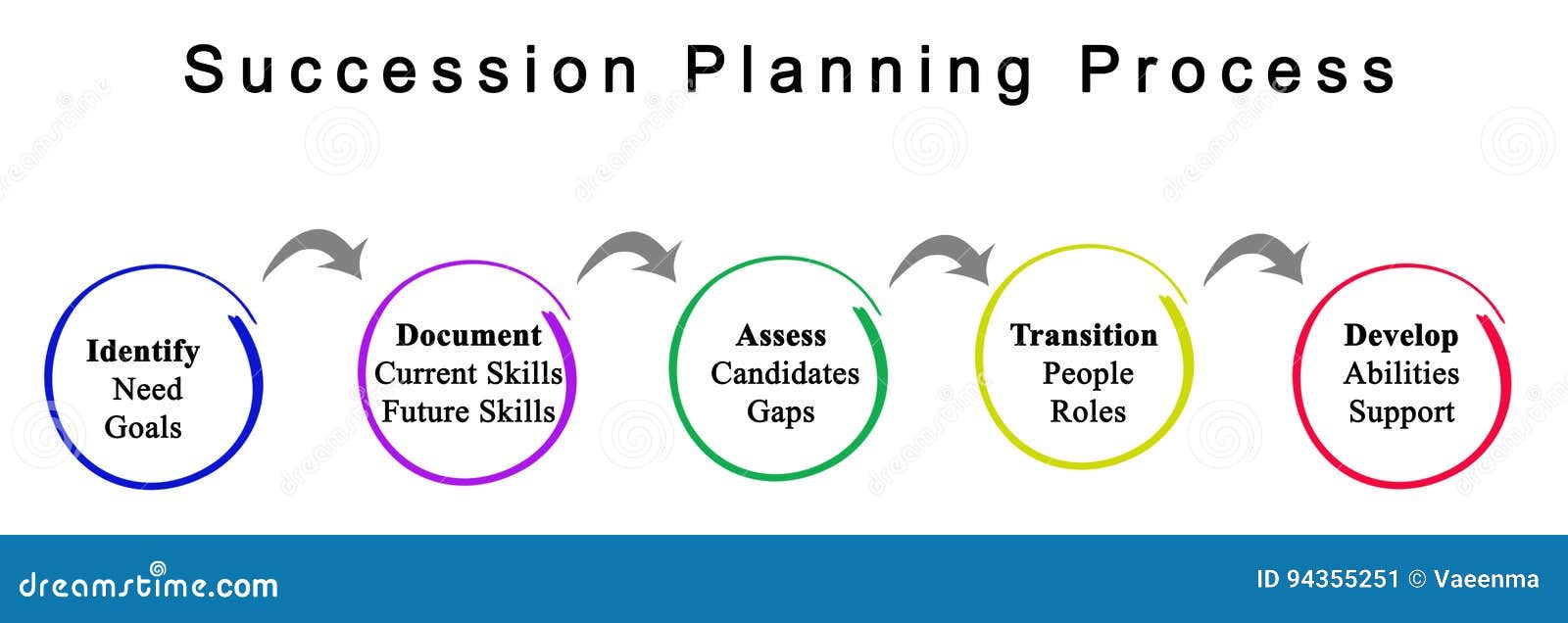The aim is to be able to fill key roles effectively if a current post holder leaves the organisation. Succession planning is the process of identifying and developing potential future leaders and senior managers as well as individuals to fill business-critical roles.
 Succession Management Maturity Talent Management Tbhrm
Succession Management Maturity Talent Management Tbhrm
Succession Planning in HR- What to Know.

Succession planning process. Succession planning is a strategy for identifying and developing future leaders at your company not just at the top but for major roles at all levels. Most successful businesses are aware of the importance of succession planning the process of identifying influential positions within an organization. In the case of a family business it ensures that the business continues to run even after the exit or death of important persons in the business.
What is succession planning. Each company needs to determine how long a candidate should be involved or exposed to the training needed. Realistically succession planning is never finished.
Succession planning is the process of selecting and developing key talent to ensure continuity of critical roles. Succession planning is an ongoing process that identifies necessary competencies then works to assess develop and retain a talent pool of employees in. Succession planning process steps like mentoring shadowing and job rotation to foster a culture of continuous learning and development.
That way when a key employee leaves you already have someone in mind to fill their position who hopefully has been groomed for this eventuality. In this process you ensure that you will never have a key role open for which another employee is not prepared. It helps your business prepare for all contingencies by preparing high-potential workers for advancement.
How regular feedback helps. Succession planning is the process whereby an organization ensures that employees are recruited and developed to fill each key role within the company. Recognizing that succession planning has a huge impact on the careers of the current leaders who are responsible for its success and acknowledging the emotions involved for both current and prospective leaders this approach focuses on creating an environment that channels emotions productively into the succession planning process.
Here are a few things to take note by HR team in the process of succession planning. Think about motivation Not all employees will agree with your plans to place them in the critical position you have in mind. Succession planning is a process that ensures your company is prepared for the future.
The process starts by looking at the exiting leaders skills. Succession planning keeps your business moving forward during the inevitable changes that come with running a business. HR department is the key authority when deciding the strategies for the talent management and succession planning.
Succession planning ensures that there is no leadership vacuum after the retirement or exit of a senior officer in the organization. Why an open mindset. Succession planning is a talent management process that builds a pool of trained workers who are ready to fill key roles when leaders and other key employees step down.
On a regular basis each company must look at its needs and resources to determine where it needs to have successors in place or in the process of learning the requisite disciplines. Succession planning means that as a company you actively develop talent and groom the highest potentials for future leadership roles so that when a senior executive leaves the organization you have a suitable replacement ready. Here are seven tips for kick-starting the succession planning process at your company.
A small mistake can have bigger impacts in the long run. What does succession planning mean.
